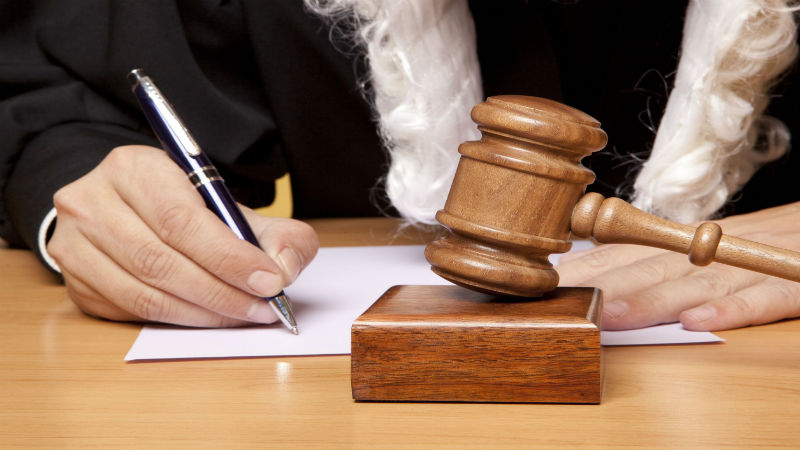Almost everyone has a DUI story, and there are as many rules as there are unfortunate tales. Many areas define DUI differently, but a DUI Lawyer will tell clients that there are numerous commonalities. In this article is an overview of the definition of DUI, and a description of what must be proven to achieve a DUI conviction.
The Definition of DUI
Most states’ laws define drunk driving as operating a motor vehicle on a public road while under alcohol’s influence. This can signify that a person is driving poorly, even with a low BAC. New laws provide for per se offenses, which are committed when driving with a BAC of .08 or more. In a per se case, a person can be charged with DUI even if they have driven well.
The “Driving” Part of a DUI Law
Several states’ laws require a person to be in control of the vehicle to get a DUI conviction. Others use terms such as “being behind the wheel” or “operating the vehicle”. These terms aren’t typically interchangeable, and it is important to learn how a defendant’s home state defines DUI.
A DUI Lawyer in Williston ND area may ask certain questions that relate to the operating element of a DUI case. For example, a person can be in the vehicle without turning the ignition on. The question there would be whether the person was operating the vehicle, or if they were using it as a temporary resting place.
The “Influence” Element
Police use three kinds of evidence to determine a driver’s intoxication: driver evidence, BAC evidence and field evidence. The latter is normally collected by authorities and can fall into these categories:
* Testimony on the driver’s actions
* Testimony on the driver’s appearance or behavior
* Testimony on field sobriety test performance
* Film or photos taken on the scene
* A driver’s statements
Police generally look at a driver’s symptoms and physical appearance to determine whether the driver is drunk. A defendant’s BAC can be determined through breath, urine or blood analysis. These tests, while effective, are not foolproof, and a DUI Lawyer in Williston ND can challenge the validity of these test results in court.
domain URL for more details



